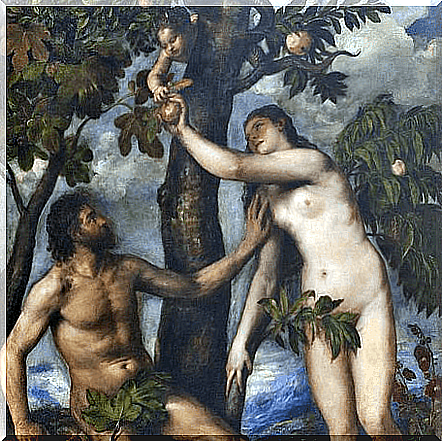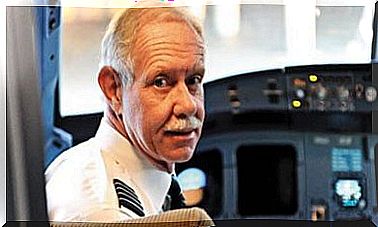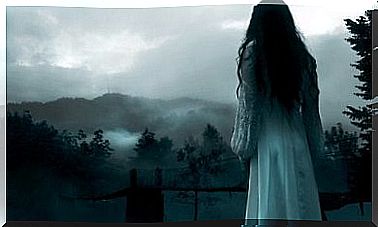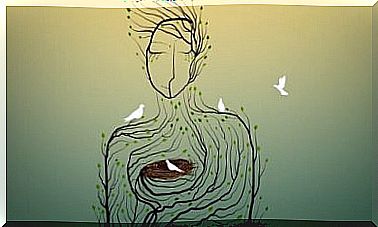Existential Anguish In Kierkegaard

Kierkegaard, predecessor of authors such as Heidegger, Nietzsche or Sartre, is considered the father of existentialism, and creator of the concept of existential anguish. He was the first to postulate that the most important thing about human beings is their existence in the world. That essence that Kant, Hegel, etc. it is something unknowable and therefore would not be an object of knowledge or truth.
Kierkegaard had a very self-actualizing approach to the human being. Let’s think that this author was faced with the Industrial Revolution, which had turned the human being into something insignificant. The work of a craftsman could be replicated ad infinitum by the same machine that would make a much smaller effort than that of the craftsman.
If today we think about activities that we think are our own, such as writing a poem or representing a painting, and we look at technological advances, we will see that these supposed talents of the human being, the result of their emotions, are perfectly reproducible by machines whose artificial intelligence far exceeds ours even though they (still) lack emotions …
Both the Industrial Revolution and the Technological Revolution put the human being in an indeterminate place where it is even essential. And it is here where man begins to suffer deep identity crises that lead him to deep anguish; Because, if everything that was “essentially” ours can be done by any machine, what then is inherent to man? What are we alive for?

Existential anguish
Kierkegaardian existential anguish stems from a marked disillusionment with life. The author felt far above the moral precepts and ethical mandates of the time, but, like any mortal, Kierkegaard had fallen into the clutches of heartbreak, a fact that did not help him to have an optimistic vision of existence.
Kierkegaard starts from something that surprised at the time: the truth is subjective. It is for this reason that individual truths, although disparate and even contrary, cannot be administered, governed or judged by another subjectivity. Men cannot communicate with each other. The only possible direct relationship is that of man with God.
This way of thinking is much better understood knowing that Kierkegaard was critical of Christianity not as a belief, but as a system that had been politicized and put at the service of man (especially those who were part of the same Church). He denied the idea of intermediaries to talk to God.
In fact, says Kierkegaard, it is totally normal to doubt that God really exists. We have no certainty. This idea, so repudiated by Christianity, for the author is an element inherent to faith. Faith is faith because it is doubted; if not, it would be knowledge.
Anguish against atheism
Kierkegaard’s main argument against atheism is that belief in God is properly a leap to faith. It is a decision that is made when there is no evidence or certainty. And the unexplored consequences of that act of faith that we make by believing are what cause existential anguish.
As an example, we will put the innocent Adam, who tasted the apple tempted by the innocent Eve, who tasted the apple tempted by a not so innocent snake. In a single act, biting the fruit, Adam went from being innocent to being a sinner, how would Adam know that the consequences of his actions would be those?
Neither Adam nor Eve had the slightest idea why God had forbidden them to eat such delicious fruit. Therefore, Adam and Eve knew that what they were doing was forbidden, but they lacked the knowledge of why.
Later they learned that the tree from which they had taken the apple was the tree of good and evil and that, when we know, we not only know good, but we also know evil, thus being able to act maliciously.

Conclusion? Anguish precedes the consequences of an ethical decision, and we can make ethical decisions because we are free. This freedom that we enjoy is generated in the moment before taking the leap of faith.
The purpose of Kierkegaard’s philosophy is not to formulate a theory about reality, about the world or about man, but to convince the human being that he has to take charge of his own life both ethically and practically. The truth that man ignores is not of an objective nature, but a subjective truth that has to do with the way of existing of each one.









